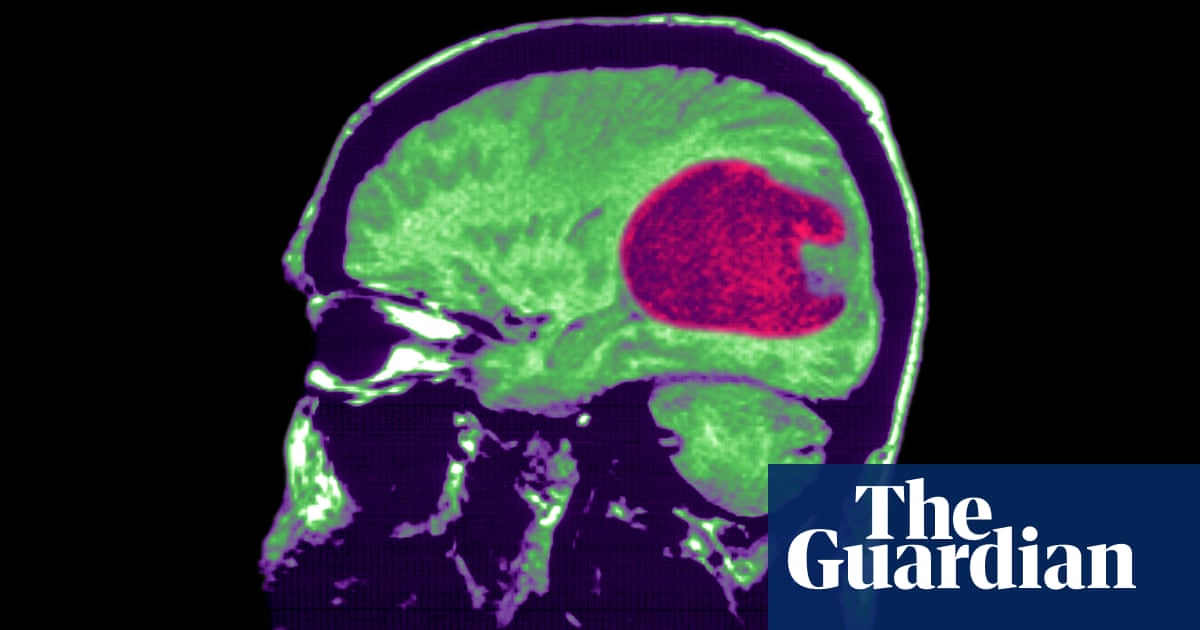
Researchers at the University of Birmingham have set a process to retrieve information from the human memory, which can be useful in assessing the reliability of eye witnesses during testimonies on crimes.
In a study published Monday in the Nature Communications Journal, the researchers found that when the human brain often recalls an event, it retrieves specific visual details less reliably.
According to the study, the human brain reconstructs the experience in reverse order. When we initially see a complex object, it’s the visual details, patterns and colors, that we perceive first. Abstract, meaningful information that tells us the nature of the object we’re looking at, whether it’s a dog, a guitar, or a cup, for example, comes later. But when remembering, the opposite happens, as we are able to remember the overall event accurately, and the specific visual details are recalled less accurately.
Researchers in the Center for Human Brain Health reconstructed the memory retrieval process, by using brain decoding techniques. These techniques make it possible to track when in time a unique memory is being reactivated in the brain.
"We know that our memories are not exact replicas of the things we originally experienced. But exactly how memories are reconstructed in the brain, step by step, is currently not well understood, and that what we tried to find here,” Juan Linde Domingo, lead author of the study, said in a report he published on the universitys website.
During the study, participants saw images of specific objects, and then learned to associate each image with a unique reminder word, for example the word "spin" or "pull". The participants were later presented with the reminder word and asked to reconstruct the associated image in as much detail as possible.
Brain activity was recorded throughout the task via 128 electrodes attached to the scalp, allowing the researchers to observe changes in brain patterns with millisecond precision. Finally the researchers trained a computer algorithm to decode what kind of image the participant was retrieving at different points in the task.












